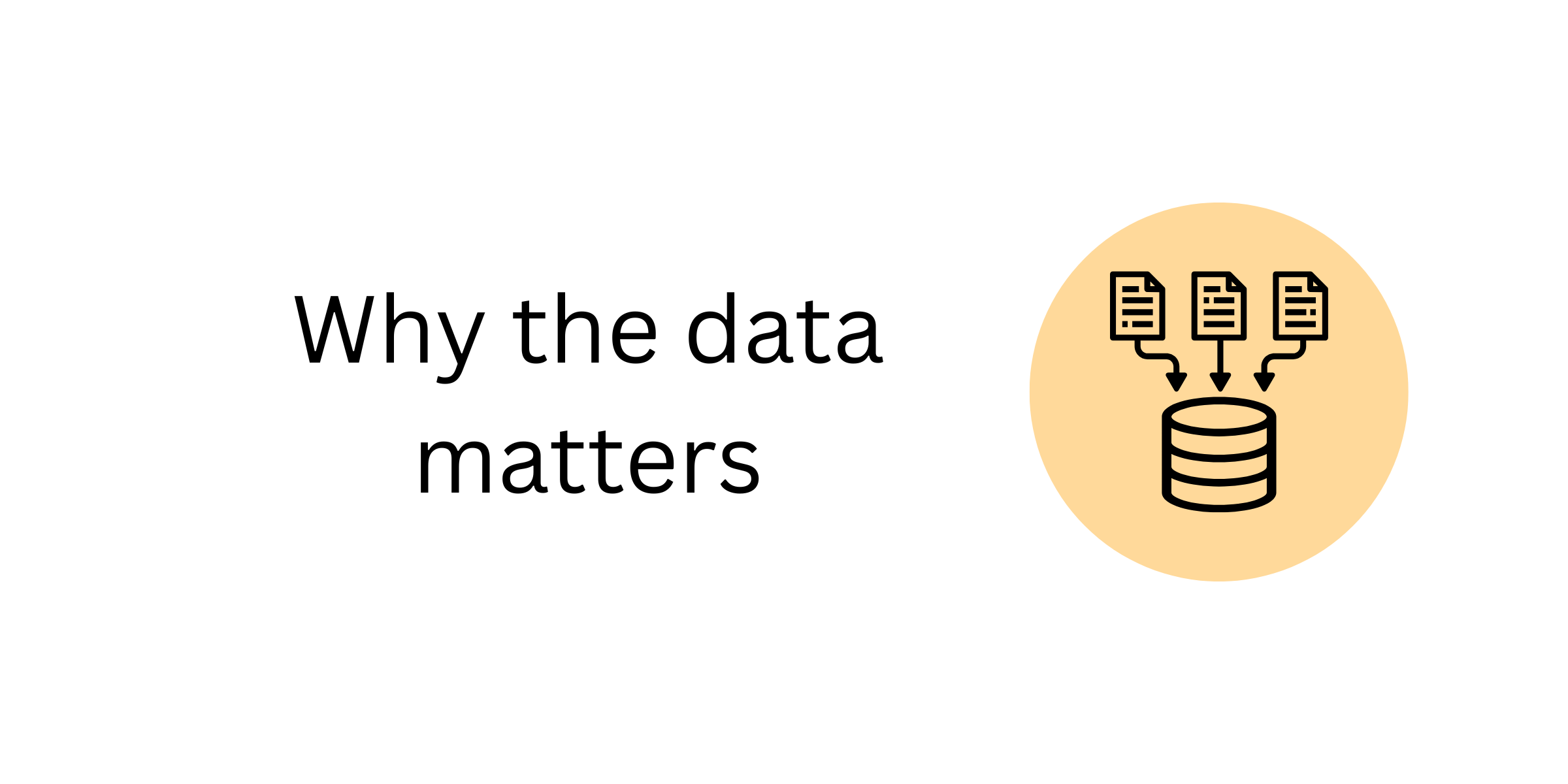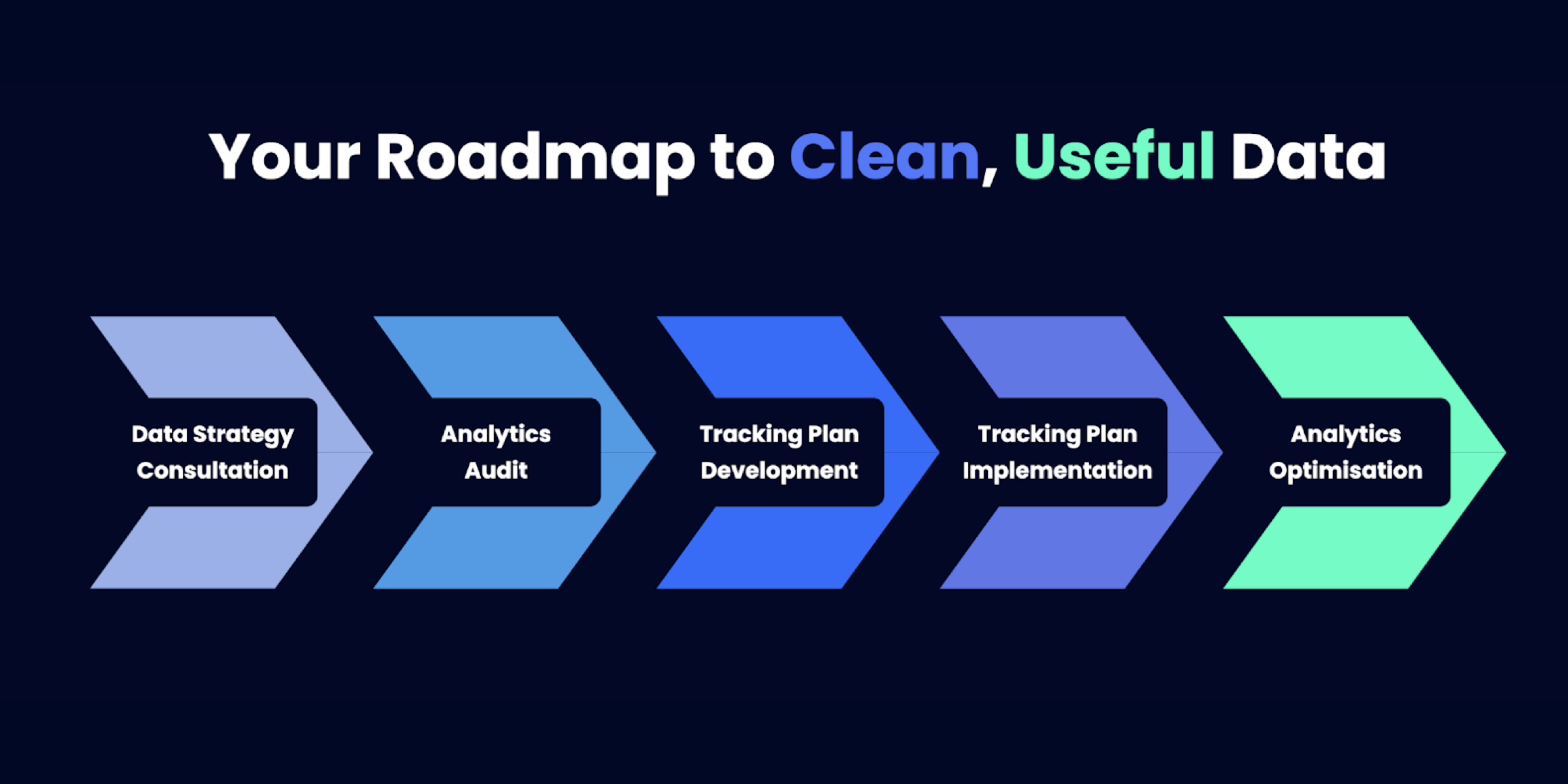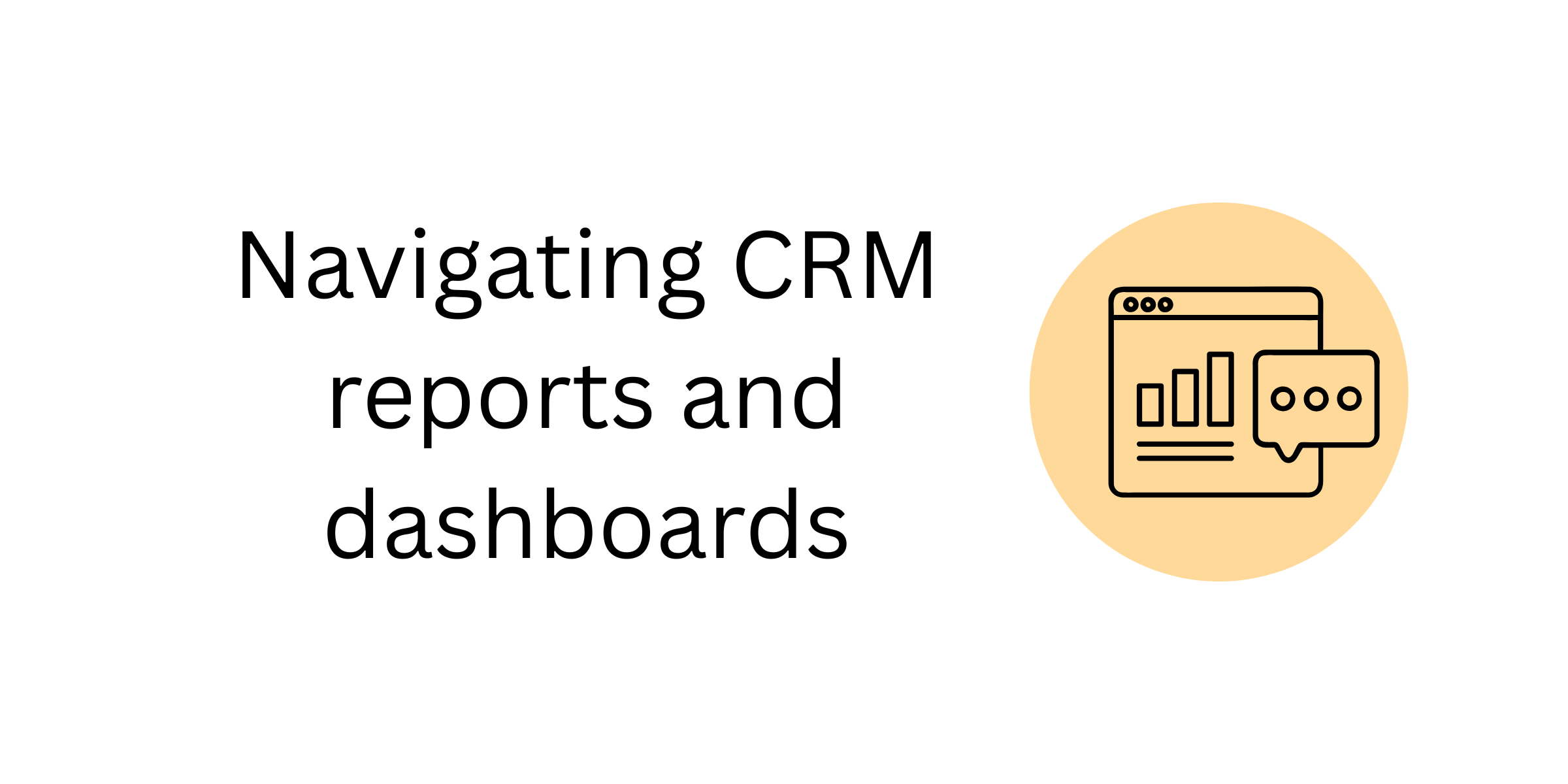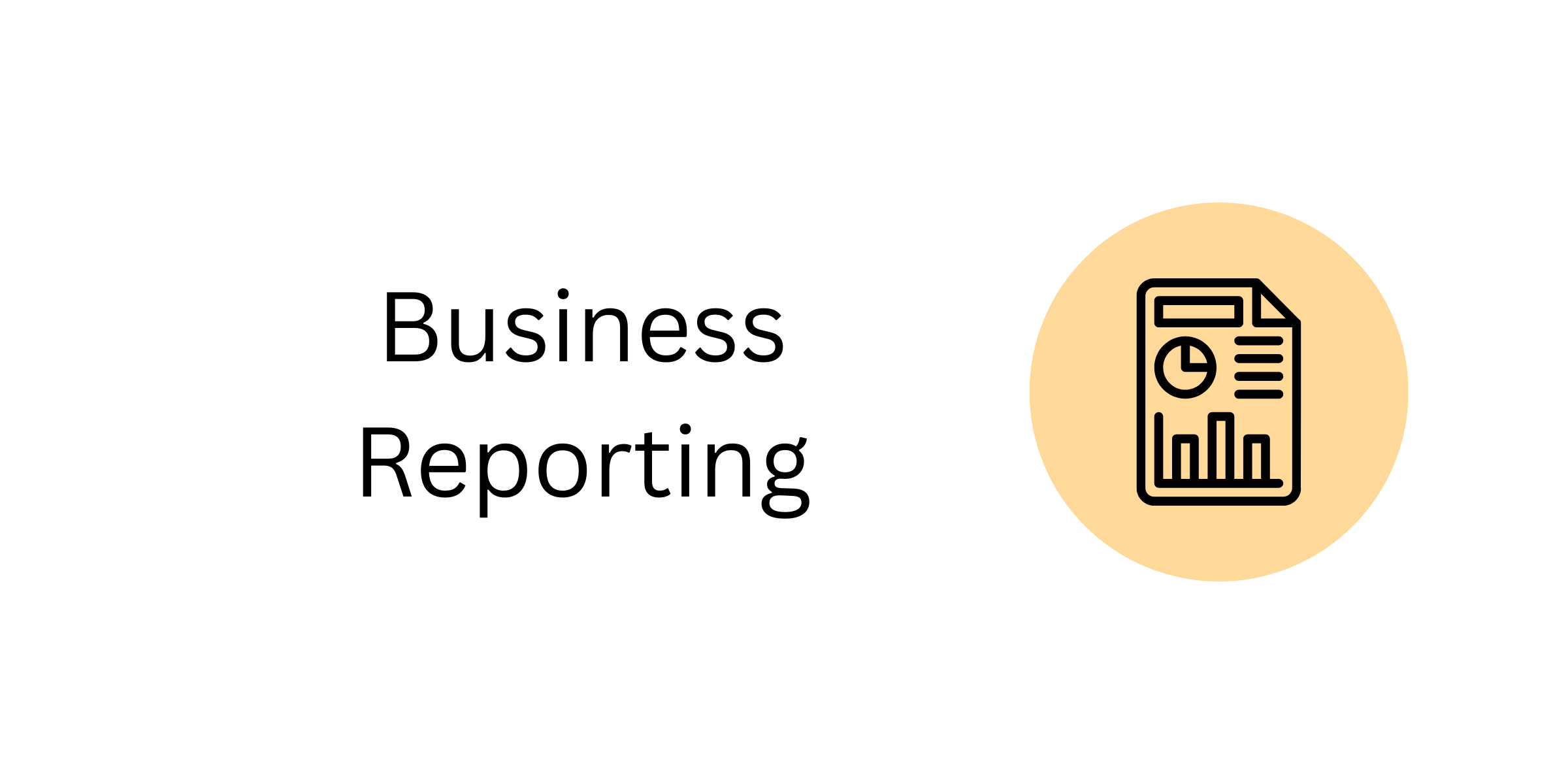Why the data matters

Why the data matters



Can you trust your data sources?
Good data allows organizations to establish baselines, benchmarks, and goals to keep moving forward. Inaccurate data can send businesses in the wrong direction with costly consequences.
It can be tempting to collect vast amounts of data related to your business, but this data is meaningless if it isn’t accurate or you can’t use it effectively.
The right data helps your business make informed decisions by giving you evidence rather than assumptions. Depending on your needs you might need data that has been gathered over a long time or real-time data.
Viewing long-term data about market trends can help you better understand your business position in the market. An example of this is several year's worth of data displayed in a graph with comparative information.
Monitoring real-time data allows you to respond to challenges before they become a crisis. It can alert you to a problem promptly. For example, alerting you to a sudden unexpected drop in orders due to a problem at your checkout, therefore allowing you to fix it before losing lots of sales.
Effective data monitoring allows your business to be proactive rather than reactive. You can measure the effectiveness of your strategy and more effectively determine the cause of problems.
With effective data monitoring, you will know if a section of a sales funnel isn’t working. Whether this is something ‘simple’ to fix like a broken link or something more complex like confusing messaging, monitoring the data will help you locate the source of the problem so you can fix it.
Just think how good it would be if your business strategy was so well organised you didn’t need to make major decisions in a panic. Reliable accurate data can help you achieve that goal.
So how do you make sure your business data is useful and accurate?
It is as simple as making sure your data collection tools are set up correctly, they integrate effectively with each other, and the information they collect is shared in a meaningful way.
Not sounding so simple?!
The alternative to doing this yourself is to hire a company that knows how to do this with their eyes closed.
Flux Digital Labs are experts at:
- Ensuring your analytics tools are collecting accurate data.
- Removing the time-sink, stress and anxiety of dealing with tracking & analytics.
- Leveraging your data to understand trends.
- Interpreting marketing campaign performance.
- Using your data to inform your marketing strategy.
- Supporting you decide where to focus future marketing resource investments.

Our roadmap to clean, useful data includes:
Data strategy consultation
A data strategy consultation will help you understand your data capabilities and how they can be leveraged to align with your business goals, drive growth and gain valuable insights. The consultation will identify your business needs and develop a data strategy that works for your business.
Analytics audit
An analytics audit typically involves analyzing large sets of numbers or text to find actional audit insights.
Tracking plan development
A tracking plan development is the process of creating a detailed plan or blueprint for collecting and analyzing data. The purpose of this plan is to set out what is being tracked, how it is being tracked and why it is necessary from a business perspective.
Tracking plan implementation
The tracking plan implementation stage is where the plan is put into action.
Analytics optimisation
The analytics optimization stage is when data is analysed, the next steps are identified and data sets are improved to maximise their efficiency, utility and accuracy.
We can help you get meaningful data for your business that you can rely on.




